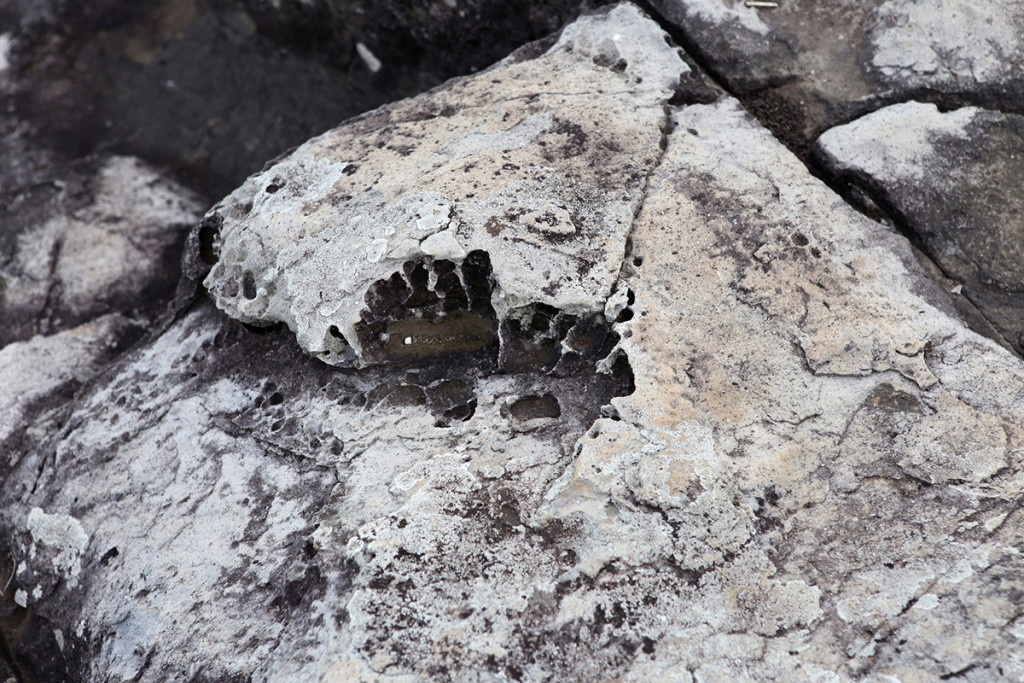Originaltext auf Englisch:
The way you approach “history” in your work, history could be multiple and almost endless to research. How do you deal with it and make something out of it?
My interest lies more specifically in the “personal history” that people hold as individuals. I believe history is built upon the personal experiences of many individuals. Also, when I research a personal history, the association between personal history and history in general, and their relationships, develops quite naturally.
Can you tell more about the process of making the work and the most important thing for you when you deal with the “personal history”.
Interviewing people is really crucial in my work. Interviews became a concrete foundation of most of my works. While interviewing someone, I get to see their character, or so-called aura, through their gestures, voice, the expression in their eyes, etc. Most of my interviewees are the kinds of people who find it difficult to put their thoughts and emotions into words due limits on their vocabularies or rather because of their traumas. So I go deeper into stories that can be told based on their intuitions or experiences. This leads to my interest in the subconscious, dreams, traditions, shamanism, animals, and death, and depends on each interviewee’s character. I decide the medium and the method of a piece.
What does this mean in terms of your attitude toward the interviewees?
This is another important element of my work. Whether deceased or alive, all the interviewees deserve respect and understanding. None of them can be manipulated or deceived in order to achieve better work. So every time I conduct an interview, I think about the possibility that I could be the interviewee myself. If I go through this process, I am mostly satisfied regardless of the result. I do not believe , by any means that art can be elevated to a higher state than a person. I believe life comes first, then art.
